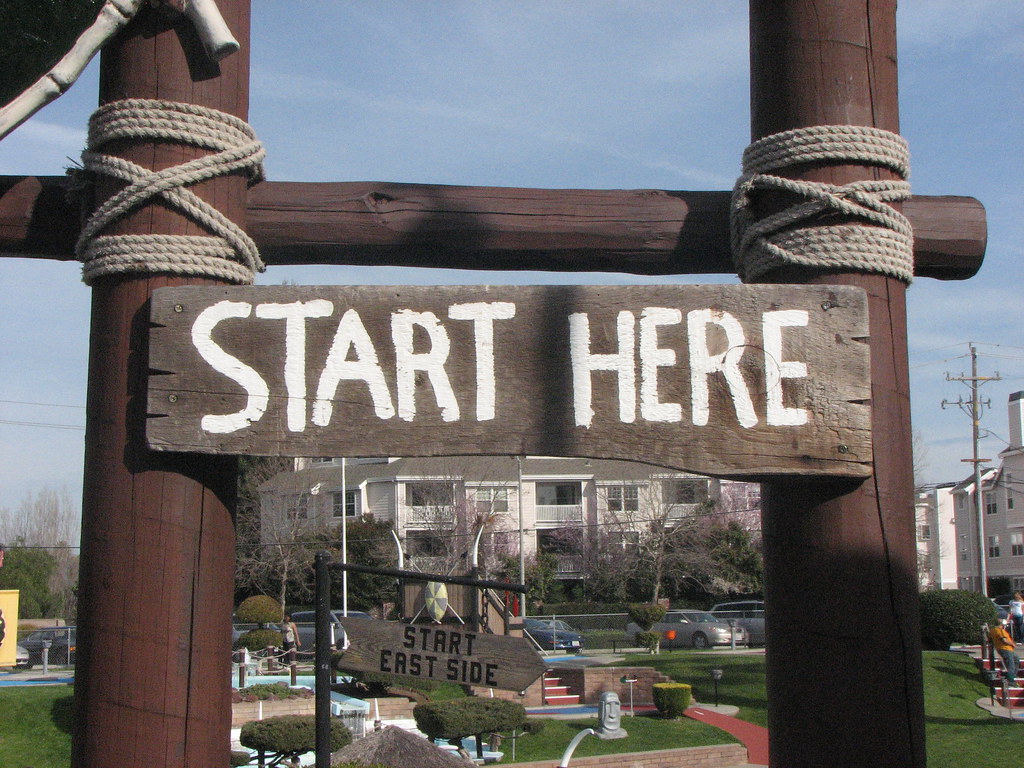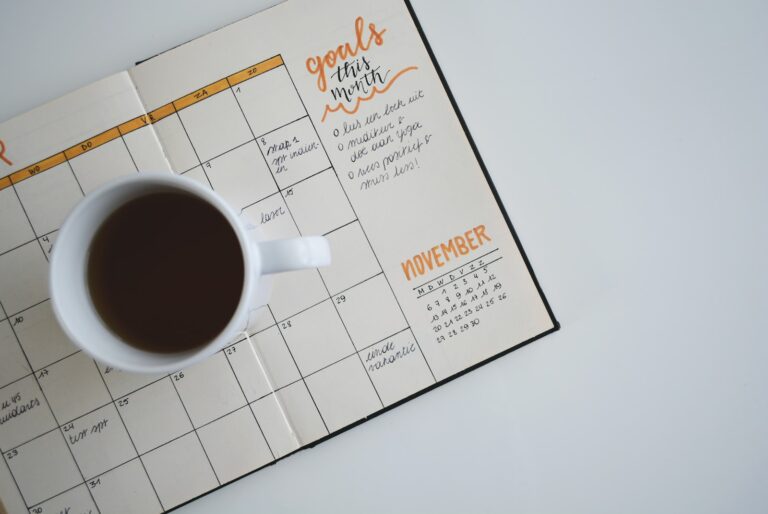Author 101: Answering Your Top Writing Questions
As a new or aspiring author, it’s normal to have a lot of questions about the writing and publishing process. In this article, I’ll answer some of the most common questions that authors have.
I’ll cover everything from getting started with writing and overcoming writer’s block, to finding the right genre and niche for your writing and navigating the publishing world. You’ll learn tips for improving your writing, getting feedback, and building a platform as an author. I’ll also discuss the pros and cons of traditional publishing versus self-publishing, and provide advice for marketing and promoting your book. I’ll also be adding links to more detailed articles about these topics.
Whether you’re just starting out as a writer or looking to take your writing to the next level, this article has something for everyone. I’ll provide practical tips and advice to help you succeed as an author, and answer the questions that you’ve been dying to ask. So, let’s get started and dive into the world of writing and publishing!

How do I get started with writing?
One of the best ways to get started with writing is to simply start writing. Set aside time each day to write, even if it’s just for a few minutes. You can also find writing prompts or join a writing group to get inspiration and feedback.
Check out this article, “10 Easy Tricks to Help You Start Writing,” for more details to answer this writing question.
What are some tips for overcoming writer’s block?
Writer’s block is a common problem, but there are several ways to overcome it. One tip is to take a break and do something else for a while. Another is to write through the block by setting a timer and writing non-stop for a set period of time. You can also try changing your writing environment or switching to a different project for a while.
Check out this article, “Writer’s Block: The Insider’s Guide for Breaking Through,” for more details to answer this writing question.
How do I develop my writing style?
Your writing style will develop naturally over time, but you can also work on it intentionally by reading widely and experimenting with different techniques. Pay attention to the writing styles of authors you admire and try to incorporate elements of their style into your own writing.
What is the best way to structure my writing?
The best way to structure your writing will depend on the type of writing you’re doing. For fiction, a common structure is the three-act structure, which includes a beginning, middle, and end. For non-fiction, a clear and logical structure that supports your argument or thesis is important.
If you are writing fiction, the next question gives more information.
Should I outline my writing or just start writing?
This is a matter of personal preference, whether you’re going to be a plotter or a pants-er (flying by the seat of your pants). Those, like myself, who are plotters find that outlining their writing helps them stay organized and focused. It can also help you spot potential problems with your plot or argument before you start writing.
Check out this article, “4 Ways to Plot Your Novel: Which is Right for You?,” for more details to answer this writing question.

How do I know if my writing is good enough to be published?
This is a difficult question to answer definitively, as the quality of writing is subjective and can vary depending on the reader. However, a good way to gauge the quality of your writing is to get feedback from other writers, editors, or beta readers. Yes, scary as it sounds, you have to hand your baby to other people.
How can I improve my writing?
There are several ways to improve your writing, including reading widely, practicing regularly, and seeking feedback from other writers or editors. You can also take writing courses or workshops to improve your skills. Seeking out blogs like this one is a good start.
How do I find the right genre or niche for my writing?
Finding the right genre or niche for your writing is important for reaching your target audience and maximizing your chances of success. To find the right genre or niche, start by thinking about what interests you and what types of stories or topics you’re passionate about. You can also research popular genres and niches to see where your writing might fit in.
What is the best way to approach the editing process?
The best way to approach the editing process is to take a break from your writing and come back to it with fresh eyes. Read through your work carefully and make note of areas that need improvement. You can also seek feedback from other writers or editors to get a different perspective.

How can I make sure my writing stands out from the crowd?
One way to make sure your writing stands out is to find a unique angle or perspective on your topic or story. You can also focus on developing your writing style and voice, and work on creating memorable characters and settings.
How do I get feedback on my writing?
There are several ways to get feedback on your writing, including joining a writing group or workshop, working with a beta reader, or hiring an editor. You can also ask friends or family members to read your work and provide feedback.
Check out this article, “Beta Readers: 11 Tips about Novelists’ Secret Weapon,” for more details to answer this writing question.
What is the best way to find a literary agent?
The best way to find a literary agent is to research agents who represent your genre or niche, and then carefully craft a query letter that highlights the strengths of your work. You can also attend writing conferences or workshops to meet agents and network with other writers.
How do I write a query letter?
A query letter should be a brief and compelling introduction to your work, highlighting its strengths and potential appeal to readers. It should also include a brief author bio and any relevant publishing credits or writing awards.
What is the publishing process like?
The publishing process can vary depending on whether you choose traditional publishing or self-publishing. Traditional publishing typically involves finding a literary agent, who will then work to sell your book to a publisher. Self-publishing involves taking on the responsibilities of editing, formatting, and marketing your book yourself.
How do I choose between traditional publishing and self-publishing?
The choice between traditional publishing and self-publishing will depend on your personal goals and preferences. Traditional publishing offers the potential for greater exposure and resources, but can also involve a longer and more competitive process. Self-publishing offers more control over the publishing process, but requires more work and investment on the part of the author.
What are the benefits and drawbacks of self-publishing?
The benefits of self-publishing include greater control over the publishing process, higher royalties, and the ability to publish on your own timeline. The drawbacks include the need to invest time and money in editing, formatting, and marketing your book, as well as the potential for a smaller audience.
How do I market my book?
Marketing your book involves building a platform as an author, connecting with potential readers through social media and other online platforms, and promoting your book through book reviews, giveaways, and other strategies. It can also involve working with a publicist or marketing consultant.

How do I build a platform as an author?
Building a platform as an author involves creating a strong online presence through social media, blogging, and other online platforms. It also involves networking with other authors and industry professionals, attending writing conferences and events, and building a mailing list of potential readers.
What are some common mistakes new authors make?
Common mistakes new authors make include rushing the writing process, neglecting to seek feedback from other writers or editors, and failing to research the publishing process and industry. It’s also important to avoid comparing yourself to other writers and to focus on your own unique voice and perspective.
What advice do you have for aspiring authors?
My advice for aspiring authors is to read widely, practice regularly, and seek feedback from other writers and editors. It’s also important to be patient and persistent, as the writing and publishing process can be long and challenging. Remember that rejection is a normal part of the process, and don’t be discouraged if your work is rejected. Keep working on your craft, and stay focused on your goals and passions. With hard work and dedication, you can achieve success as a writer.
Check out this article, “Advice for New Authors: What I Wish I’d Known,” for more details to answer this writing question.

Final Thoughts
As we wrap up this article, we hope that we’ve answered many of the questions that you had as a new or aspiring author. We know that the writing and publishing world can be daunting, but we hope that the tips and advice provided in this article have given you the confidence and tools to pursue your writing dreams.
Remember, writing is a journey, and it’s important to enjoy the process along the way. Don’t be discouraged by rejection or setbacks, but use them as opportunities to learn and grow as a writer. Keep practicing, seeking feedback, and honing your craft, and don’t be afraid to take risks and try new things.
At the end of the day, writing is a wonderful and rewarding experience that allows you to express yourself and connect with others in a meaningful way. So, whether you’re working on your first book or your tenth, keep writing, keep learning, and most importantly, keep having fun. Good luck on your writing journey!






